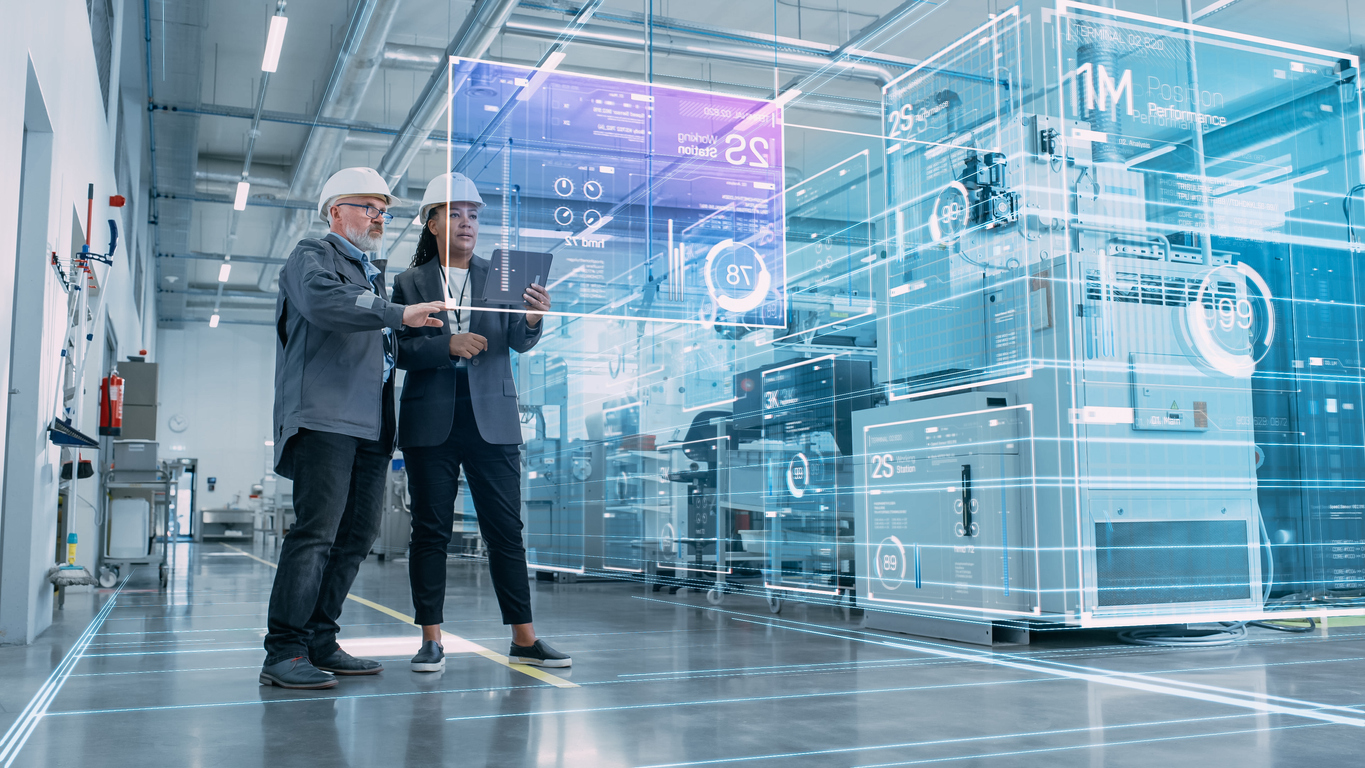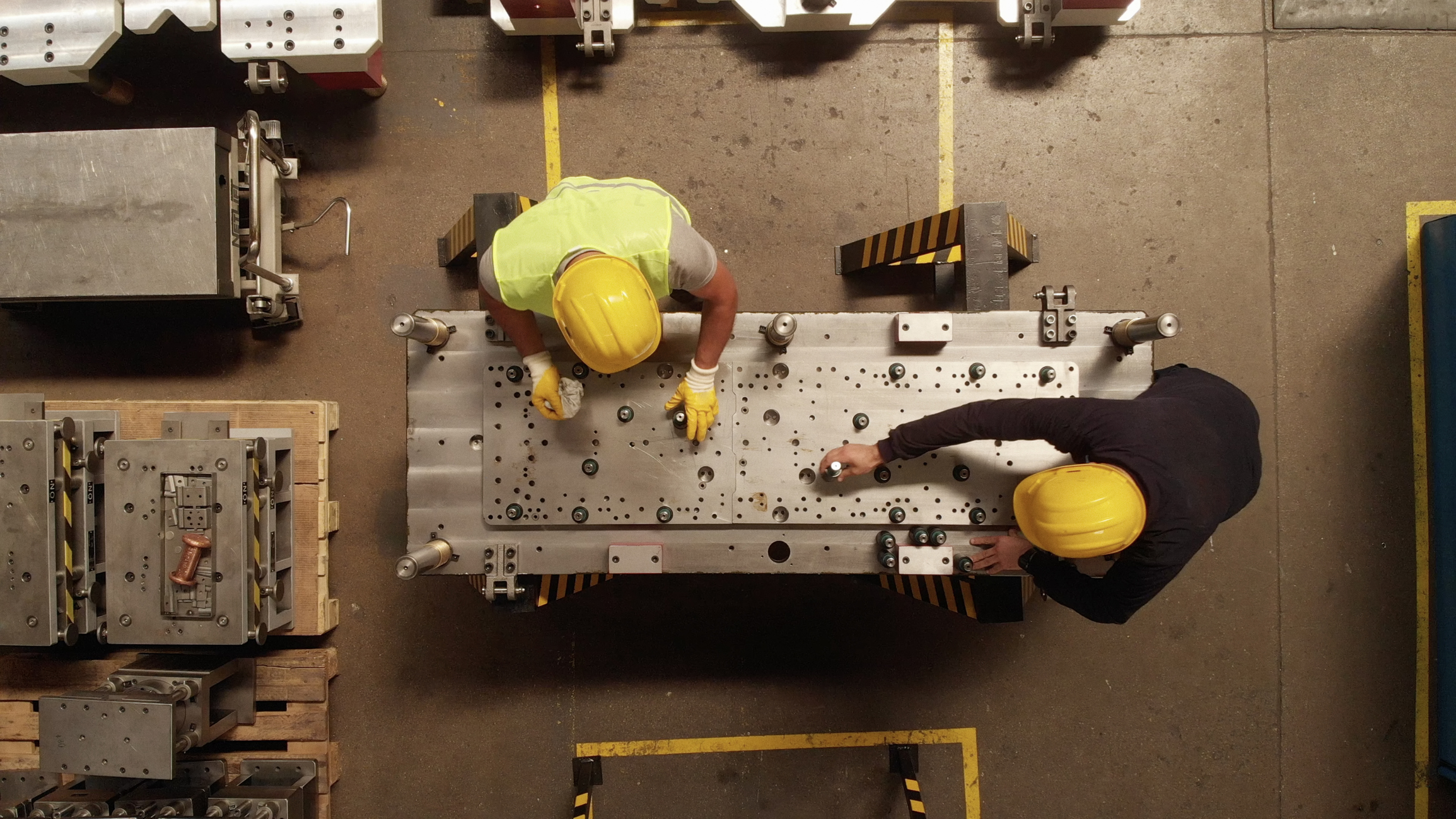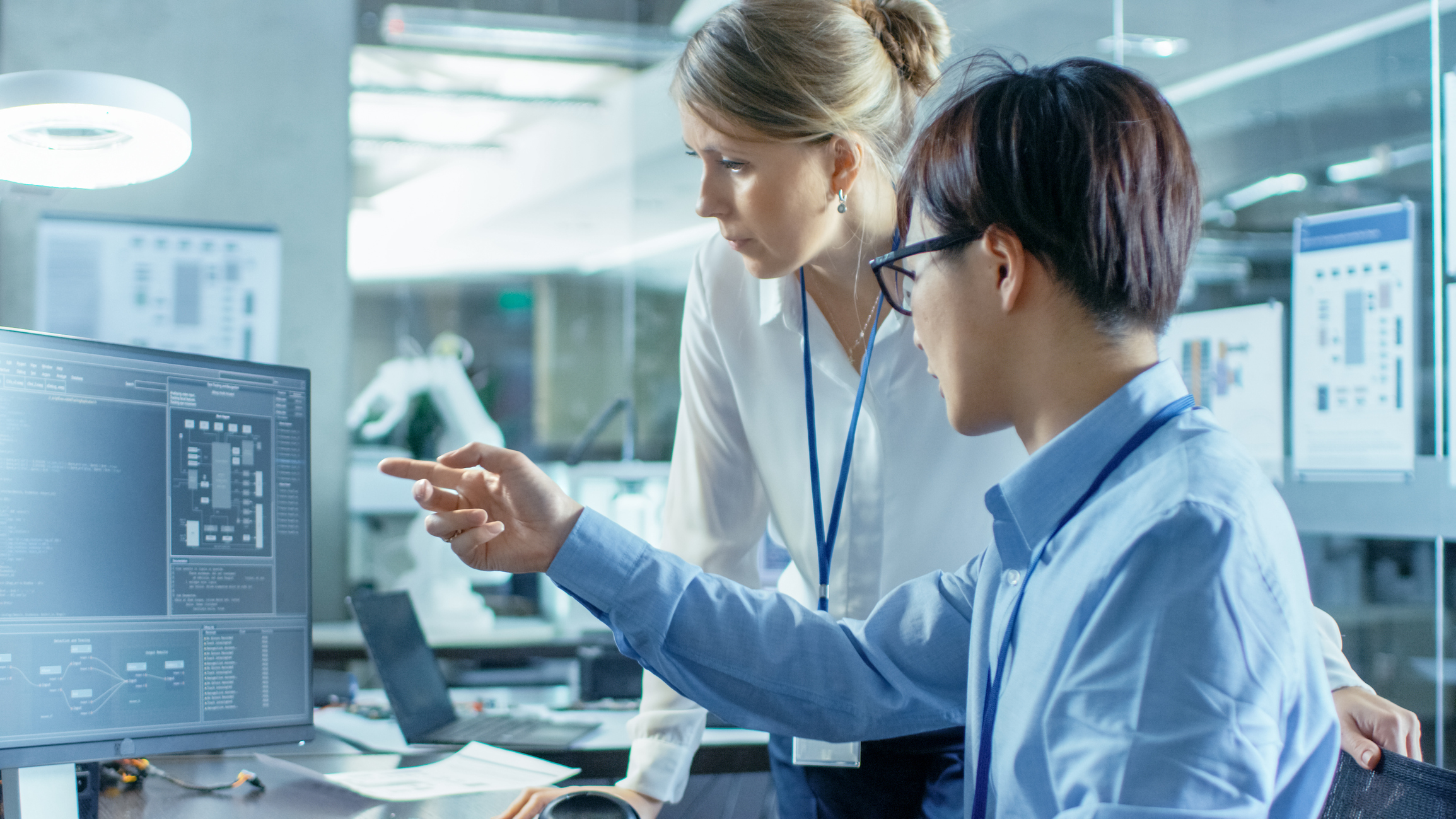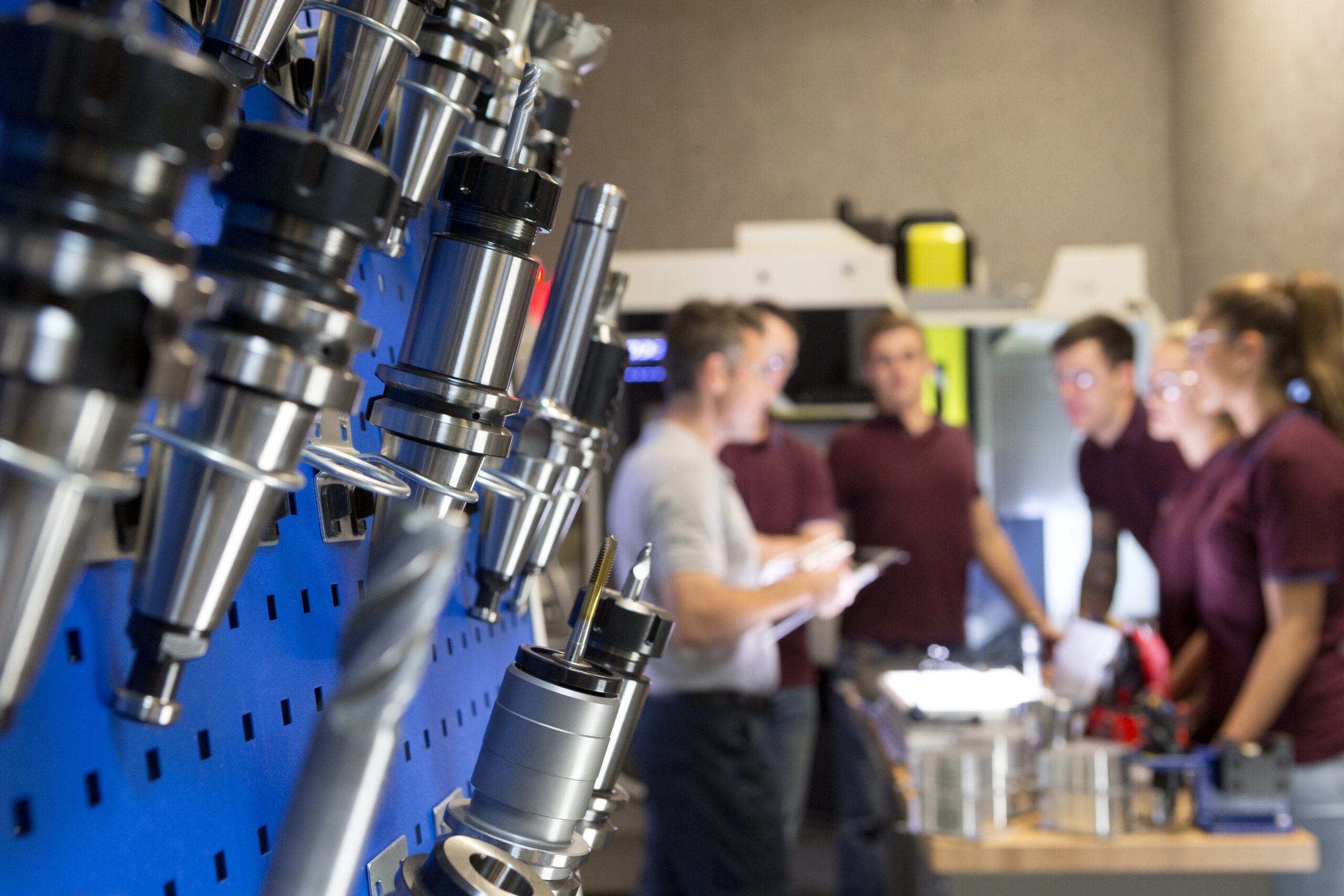Recent News
The Evolution of AI in Manufacturing: Current Triumphs and Future Horizons


Manufacturing is classically seen as something firmly rooted in the factory, the machine, the laborer, and the leader—but like all things that stand the test of time and complex markets, it has evolved to encompass the highest levels of technology. Artificial Intelligence (AI) has transformed processes, increased efficiency, and opened avenues previously thought impossible.
As we stand at the threshold of a new era, it’s worth exploring how AI is currently impacting the manufacturing sector and what the future holds.
Current Applications of AI in Manufacturing
Predictive Maintenance: One of the most immediate and impactful applications of AI in manufacturing is predictive maintenance. By analyzing data from machinery, AI algorithms can predict when a machine is likely to fail or require maintenance. This proactivity prevents costly downtime and extends the equipment’s life.
Quality Control: In manufacturing, consistency is the name of the game. AI-powered visual inspection systems now ensure products meet the desired quality standards. These systems can detect microscopic defects that might be invisible to the human eye, ensuring every product is up to par.
Supply Chain Optimization: AI analyzes vast amounts of data to make predictions about inventory needs, optimizing the supply chain. It can anticipate when materials will be required and ensure they’re ordered ahead of time, mitigating potential bottlenecks.
Robotic Process Automation (RPA): Many manufacturing processes that were once manual are now overseen by AI-powered robots. These robots not only increase efficiency but also reduce human error, leading to consistent, high-quality outputs.
Energy Optimization: Manufacturing plants are big consumers of energy. Through AI-driven analytics, factories can now optimize their energy consumption, leading to lower costs and a reduced carbon footprint.
The Not-So-Distant-Future of AI
While the current applications are already transformative, the future promises even more radical shifts—but not in the ways we might have anticipated even a year ago. The fear exists that AI in manufacturing will lead to the phasing out of the industry’s human element, but I’m here to tell you, with the proper application, artificial intelligence offers access to new niche and advanced areas of production previously unavailable to most companies due to the time and money these products and materials require to create.
AI in manufacturing allows us to jump ahead, collect the data, engineer, test, build, and push the future forward in the same ways the horse, the internal combustion engine, and the microprocessor have altered the scale at which industry has functioned in the past.
Here are a few directions in which AI might take the manufacturing sector:
Personalized Manufacturing: Gone are the days of one-size-fits-all. With AI, it will become feasible for factories to produce items tailored to individual preferences on a large scale. Imagine shoes tailored to an individual’s foot structure or cars designed with personalized interiors, all manufactured efficiently and at scale.
Cobots: Collaborative robots, or “cobots”, are set to redefine human-machine collaboration. These AI-driven robots will work alongside humans, assisting in tasks, and even learning from human coworkers. This symbiotic relationship will leverage the strengths of both humans and machines.
Advanced Materials: AI will play a pivotal role in material science. By analyzing vast data sets, AI in manufacturing could help in discovering new materials with unique properties, paving the way for innovative products and solutions.
Decentralized Manufacturing: AI, combined with other technologies like 3D printing, may lead to decentralized manufacturing hubs. Instead of a few massive factories, we could see numerous smaller, localized manufacturing units catering to specific regions, optimizing logistics and reducing transportation costs.
Enhanced Training: With augmented reality (AR) and virtual reality (VR) powered by AI, training new workers could become more efficient. New employees can be immersed in a virtual factory, learning processes in a controlled and safe environment.
—
The future of AI in manufacturing is not just about automation and efficiency—it is a imagining the way we produce, consume, and think about goods. It promises a future where products are more personalized, where humans and machines collaborate seamlessly, and where innovation isn’t limited by our current understanding of materials or processes.
For those in the manufacturing sector, embracing AI isn’t just an option; it’s a necessity. The transformations we’re witnessing now are only the tip of the iceberg. As AI continues to evolve, so too will the world of manufacturing, paving the way for a brighter, more innovative future, a future Davalyn Corporation is ready to help you embrace.
Check out our latest video
Exploring our target industries
At Davalyn, our tenured team of niche-focused talent acquisition experts takes on the hiring challenges of a diverse and growing set of industries. Make our perspectives your most powerful recruitment and retention resource.







